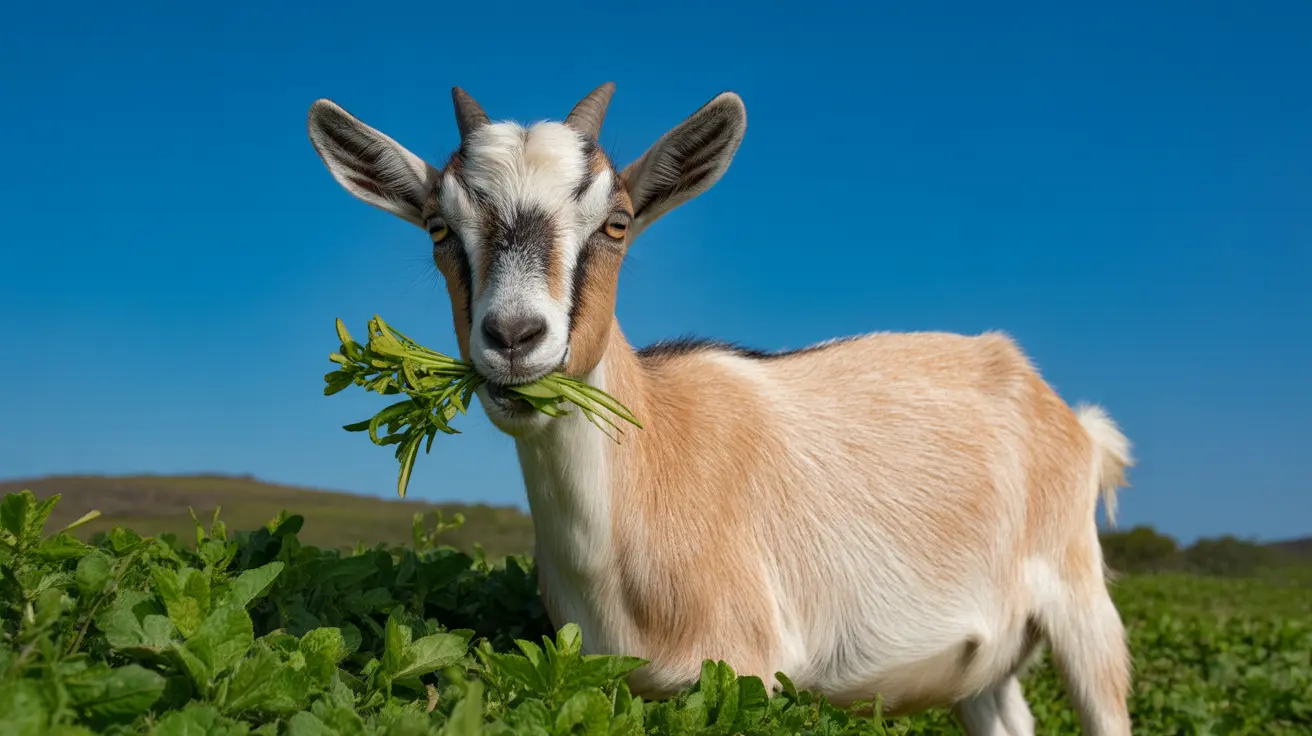Understanding Animal Cruelty Laws in Tennessee
Tennessee maintains strict animal cruelty laws that specifically address the care of livestock, including goats. Under state statutes, animal cruelty encompasses intentional torture, neglect, or the failure to provide basic necessities such as adequate food, water, and shelter. When such neglect results in the death of animals, charges can escalate to felony level, carrying significant legal penalties for animal cruelty.
The legal framework recognizes that livestock owners have fundamental responsibilities to ensure their animals' wellbeing. These obligations extend beyond basic survival needs to include appropriate veterinary care and safe living conditions that prevent harm or suffering.
The Investigation Process and Evidence Collection
When authorities discover cases of suspected animal abuse, they initiate a comprehensive investigation process that involves multiple agencies and specialized expertise. In livestock cases like the Chattanooga incident, forensic veterinary necropsy becomes a crucial component of building a legal case.
Veterinary professionals conduct detailed examinations of deceased animals to determine the cause of death and document any evidence of starvation, abuse, or neglect. These forensic examinations can reveal critical information about the conditions the animals experienced, including nutritional deficiencies, signs of prolonged suffering, and the timeline leading to their deaths.
Reporting Animal Abuse in Communities
Community members play a vital role in protecting animal welfare by reporting suspected cruelty or neglect to appropriate authorities. Prompt reporting to local law enforcement, animal control agencies, or humane societies can prevent further harm and support rescue efforts for animals in distress.
The McKamey Animal Center Chattanooga and similar organizations work closely with law enforcement to investigate reports and provide care for seized animals during legal proceedings.
Preventing Animal Neglect in Goat Care
Proper goat care requires understanding and meeting several essential needs to prevent neglect and ensure humane treatment of goats. Owners must provide consistent access to fresh water, appropriate nutrition based on the animals' age and condition, and adequate shelter that protects against weather extremes.
Regular health monitoring is crucial for identifying early signs of illness or distress. Goat starvation symptoms can include visible weight loss, lethargy, poor coat condition, and behavioral changes. Recognizing these warning signs early allows owners to take corrective action before conditions become life-threatening.
Legal Rights During Animal Cruelty Investigations
The Chattanooga case has also highlighted important aspects of defendants' rights during animal cruelty proceedings. The charged individual's request to view the seized animals reflects a legal principle that allows suspects to petition courts for supervised access to evidence, including live animals, as part of preparing their defense.
Courts must balance these legal rights with ongoing animal welfare concerns, typically requiring supervised visits and specific conditions to protect the animals' wellbeing during the legal process.
The Role of Animal Welfare Laws for Farmers
Tennessee's approach to livestock animal welfare reflects broader national trends toward stricter enforcement of animal protection laws. These regulations serve to establish clear standards for animal care while providing legal recourse when those standards are violated.
The Tennessee animal abuse registry and related enforcement mechanisms help track violations and ensure accountability for those who fail to meet their responsibilities as animal caretakers.
Frequently Asked Questions
- What are the animal cruelty laws in Tennessee regarding livestock like goats?
Tennessee law classifies animal cruelty as intentional torture, neglect, or failure to provide basic care such as food, water, and shelter. Livestock neglect causing death may lead to felony charges under state statutes.
- How can I report suspected animal cruelty or neglect in my community?
You can report cruelty or neglect to local law enforcement, animal control agencies, or humane societies. Prompt reporting helps prevent further harm and supports investigations and rescues.
- What kind of evidence is used to prosecute animal cruelty cases involving goats?
Investigations often include veterinary necropsies of deceased animals to determine cause of death, signs of starvation, abuse, or neglect. Forensic veterinarians document injuries to build legal cases.
- What responsibilities do goat owners have to avoid cruelty charges?
Owners must provide sufficient food, clean water, safe shelter, regular veterinary care, and monitor animal health to comply with animal welfare laws and ethical standards.
- Can a person charged with animal cruelty view the seized animals during an investigation?
In Tennessee, suspects can petition the court to view seized animals under supervised conditions to prepare their defense, balancing rights and animal welfare.
The Chattanooga incident serves as a sobering reminder that animal welfare protection requires both individual responsibility and community vigilance. By understanding legal obligations and recognizing signs of distress, we can work together to prevent similar tragedies and ensure all animals receive the care and respect they deserve.






